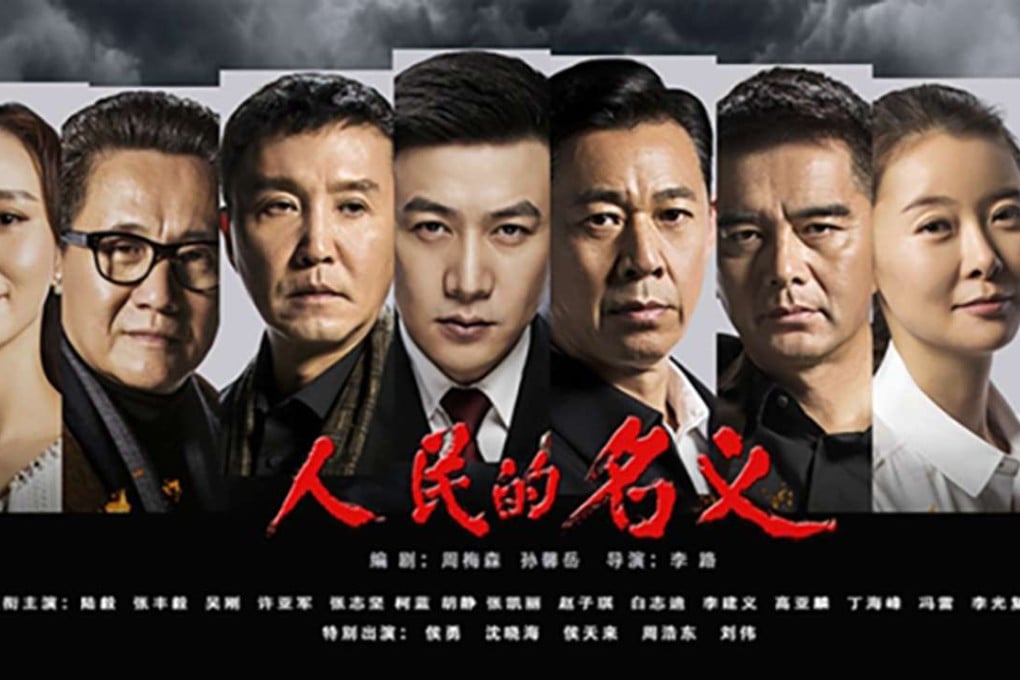China’s ‘House of Cards’ hits the TV screen as Xi Jinping whips his cadres
Gritty prime-time television drama pulls no punches about greed and power – with the Communist Party’s blessing

A Chinese government official is caught in bed with his blonde mistress. A Communist Party cadre stuffs his home with banknotes. And a “deputy state-level” leader fiercely resists a disciplinary probe.
The star-studded series In the Name of People has proved popular with viewers and critics alike, receiving 270 million views by Wednesday for the first 12 episodes out of 55 in total on Iqiyi.com, one of the websites and television channels licensed to show the series.

The series is built around fictional internal power plays within the ruling Communist Party as well as the lifestyles of senior officials, although it ultimately hails the anti-corruption campaign of Chinese President Xi Jinping and his key ally, Wang Qishan.
What is extraordinary about the series is that has broken China’s decade-long ban on anti-corruption-themed dramas being aired in prime-time slots and it is the first television drama to paint a “deputy state-level” party leader as a villain.
It doesn’t go as far as House of Cards, the American political drama starring Kevin Spacey as the president, but it has gone further than any mainland political drama to date.